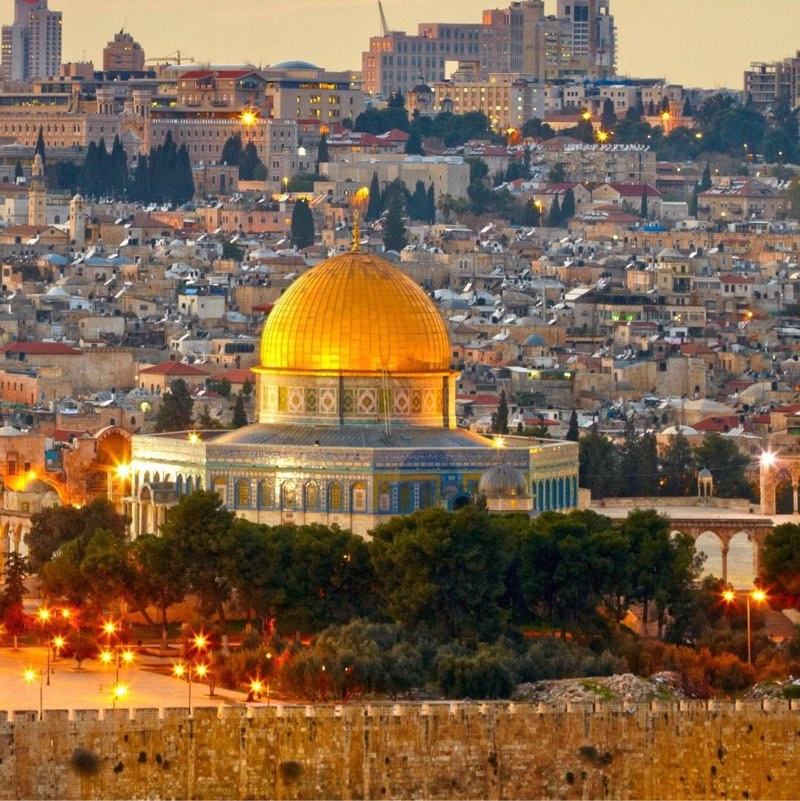The Quran and the Promised Land in the Torah
Holy Quran 21 verse 71
وَنَجَّيْنَٰهُ وَلُوطًا إِلَى ٱلْأَرْضِ ٱلَّتِى بَٰرَكْنَا فِيهَا لِلْعَٰلَمِينَ
And We saved Abraham and Lot [and brought them] to a land which We had blessed for all people.
Holy Quran 21 verse 105
وَلَقَدْ كَتَبْنَا فِى ٱلزَّبُورِ مِنۢ بَعْدِ ٱلذِّكْرِ أَنَّ ٱلْأَرْضَ يَرِثُهَا عِبَادِىَ ٱلصَّٰلِحُونَ
We have already written in the Psalms following the Reminder(Torah), "My righteous servants shall inherit the land."
Some scholars believe that Surah 21 verse 105 of the Quran is related to Surah 21 verse 71. Therefore, the land promised by God to Abraham in the Torah will be inherited by Muslims, as mentioned in Surah 21 verse 105. How is this argument explained?
The argument that Surah 21 Verse 105 is related to Surah 21 verse 71 is based on the following points:
Both verses mention the land of Canaan, which was promised to Abraham by God in the Torah. The land of Canaan generally encompassed parts of what are now modern-day Israel, Palestine, Lebanon, Jordan, and Syria.
Surah 21 verse 71 states that Abraham and Lot were brought to a land that God had blessed for all people. This could be interpreted as a reference to the land of Canaan, which was promised to Abraham as a place where all people would be blessed.
Surah 21 verse 105 states that God has written in the Psalms that His righteous servants will inherit the land. This could be interpreted as a reference to the land of Canaan, which was promised to Abraham's descendants as a place where they would inherit God's blessings.
Based on these points, some scholars argue that Surah 21 verse 105 is a confirmation of the promise that God made to Abraham in the Torah. They believe that this promise will be fulfilled in the future, when Muslims will inherit the land of Canaan as God's righteous servants.
There are a number of ways to explain this argument. One way is to see it as a literal interpretation of the Quran. According to this interpretation, the land promised to Abraham in the Torah is the same land that is mentioned in Surah 21 verse 71 and 21 verse 105. In this case, the argument is that the promise will be fulfilled in the future, when Muslims will inherit the land of Canaan, namely modern-day Israel, Palestine, Lebanon, Jordan, and Syria.
Another way to explain this argument is to see it as a more symbolic interpretation. According to this interpretation, the land promised to Abraham is not a specific piece of land, but rather a state of being. In this case, the argument is that the promise will be fulfilled in the future, when Muslims will live in a state of peace and prosperity.
Ultimately, the interpretation of Surah 21 verse 105 is a matter of faith. There is no definitive answer to the question of whether or not the land promised to Abraham will be inherited by Muslims. However, the argument that Surah 21 verse 105 is related to Surah 21 verse 71 is a valid one that is supported by the text of the Quran.

